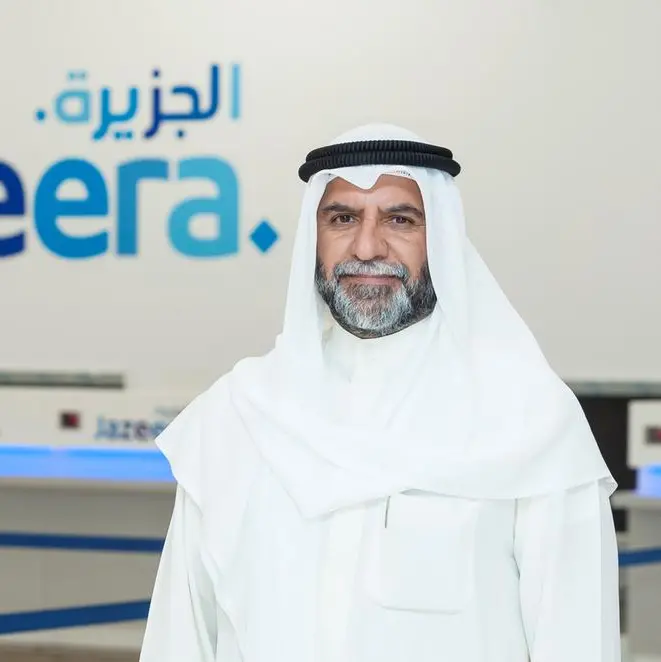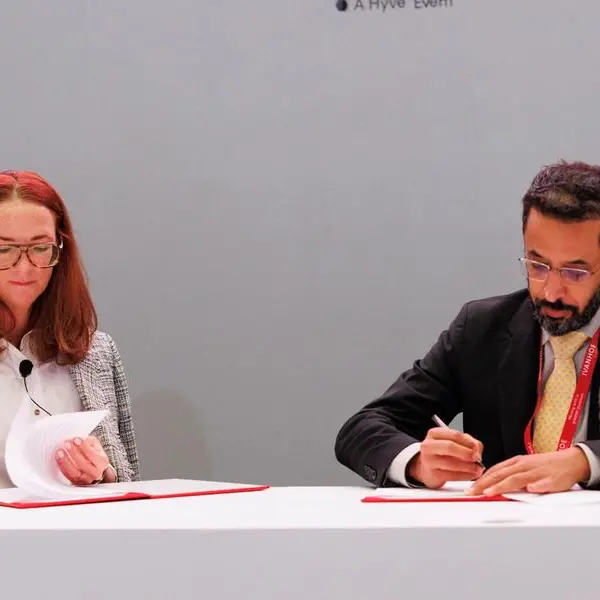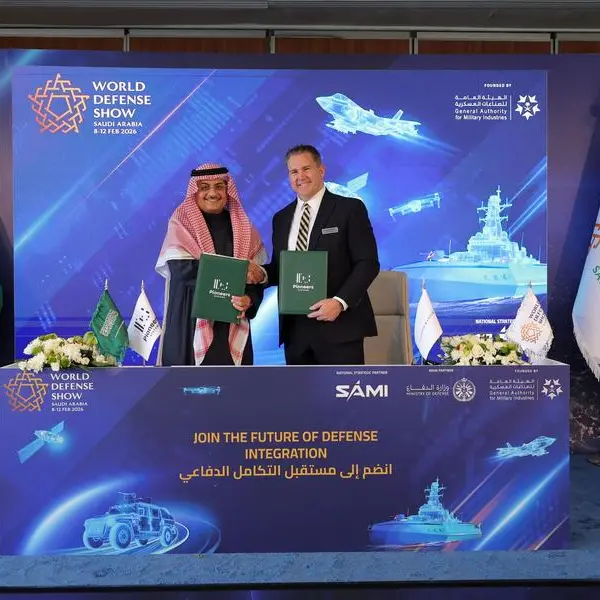UNHCR, the UN Refugee Agency, held a joint event in Jeddah, Kingdom of Saudi Arabia, in collaboration with the Organization of Islamic Cooperation (OIC)'s International Islamic Fiqh Academy (IIFA).
As part of the event titled “Islamic Philanthropy and its impact: sustainable partnerships and practical solutions”, UNHCR launched its “Islamic Philanthropy Annual Report”, which illustrates the impact Zakat and Sadaqah donations made to UNHCR's Refugee Zakat Fund, have had on refugees and internally displaced persons, in the past year.
In 2021, the Refugee Zakat Fund enabled UNHCR to provide life-saving assistance in the form of cash assistance and in-kind assistance to 1,275,000 refugees and internally displaced people in 14 countries: Yemen, Syria, Jordan, Lebanon, Iraq, Egypt, Mauritania, Bangladesh, Afghanistan, India, Malaysia, Indonesia, and Nigeria.
The report states that all Zakat contributions received by the Refugee Zakat Fund, were distributed following its 100% Zakat distribution policy, to 53% of the Fund’s total beneficiaries (679,000 individuals), while Sadaqah donations helped the remaining 47% of beneficiaries (596,000 individuals).
The report also highlighted the launch of the Refugee Zakat Fund’s mobile application earlier in 2021, which allows donors to make contributions easily and quickly. Moreover, UNHCR’s Refugee Zakat fund received additional fatwas from respected Islamic institutions, such as the Muslim World league’s Islamic Fiqh Council, Al Azhar Islamic Research Academy, the International Sharia Research Academy in Malaysia (ISRA), and the Canadian Council of Imams (CCI), further authorizing the Refugee Zakat Fund's framework. Knowing that IIFA is the first international fiqh academy that provided UNHCR in 2020 with a fatwa endorsing the Refugee Zakat Fund and its compliance with Zakat principles.
On his part, H.E Prof. Dr. Koutoub Moustafa Sano, Secretary-General of IIFA, said: “The refugee cause is a crucial aspect of IIFA’s humanitarian interests and its role in highlighting their needs, and the role of fiqh in meeting these needs. Based on ths we provided UNHCR with a fatwa to endorse the Refugee Zakat Fund and its governance. He added: “We are delighted to co-host this special event with UNHCR. Our goal is to discuss ways of expanding the role of Islamic philanthropy in meeting the humanitarian needs of refugees and IDPs in the region and globally. From this platform, and as we approach the Holy Month of Ramadan, we call upon all actors in the philanthropic sector to collaborate with UNHCR in their efforts to help refugees.”
The event in Jeddah included discussion panels on the role of Islamic social finance instruments, including Zakat, Sadaqah Jariyah, and Waqf, to meet the humanitarian needs of the most vulnerable, and those affected by conflicts and disasters, especially refugees and internally displaced persons, and was attended by representatives of organizations in the Islamic Philanthropy sector in the region.
Khaled Khalifa, UNHCR's Senior Advisor on Islamic Philanthropy and Representative to Gulf Cooperation Council Countries thanked UNHCR partners, in particular IIFA, for their support, saying: "Our partnership with institutions, individuals, the private sector and governments has grown consistently, enabling us to provide assistance and respond to the increasing humanitarian needs of refugees and displaced families, those affected by protracted displacement crises, climate change, and COVID-19 pandemic challenges.” He added, “partnering with leading institutions in the Islamic Philanthropy sphere strengthens the impact of Islamic social finance on the lives of millions of the most vulnerable and forcibly displaced families, which is vital to the success of our vision in assisting those in need”
UNHCR is launching its Islamic Philanthropy Annual Report 2022, through a series of events and webinars held in each of Indonesia, Saudi Arabia, Nigeria, United Kingdom, Canada and the United States of America, in collaboration with Zakat and Fiqh institutions, foundations and other private and public sector entities.
The Refugee Zakat Fund was established by UNHCR in 2019. It is a trusted and efficient global Islamic social finance programme, fully compliant with Zakat laws. It is governed by strict regulations to ensure transparency at every stage, from donation to distribution of Zakat funds.



















